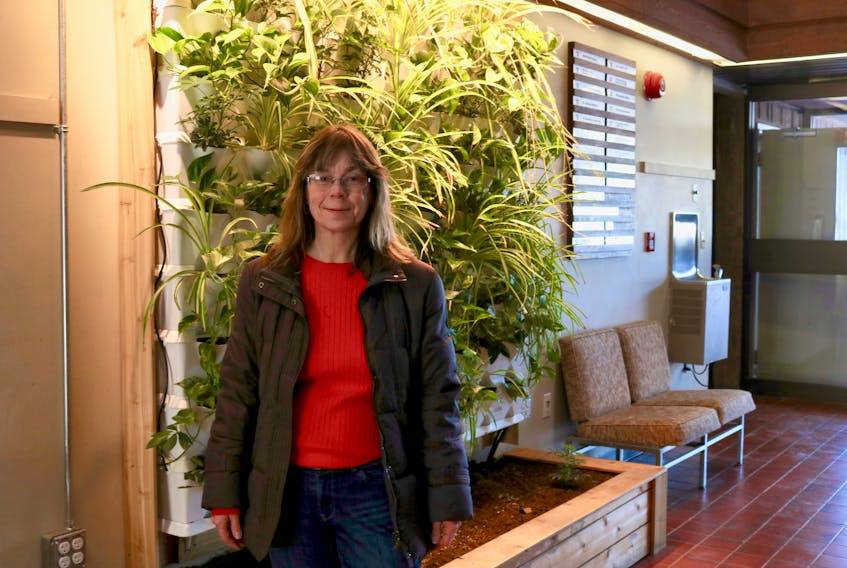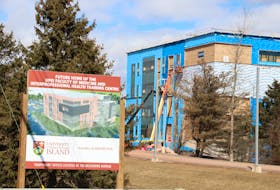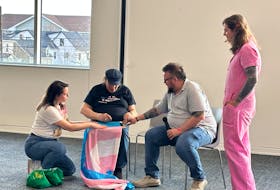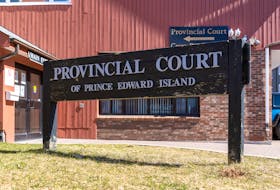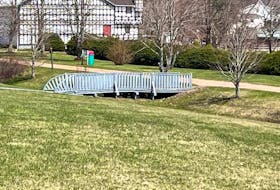
While the Yes side is disappointed in the way the referendum turned out, an advocate for electoral reform says Tuesday’s results show that a significant portion of P.E.I. supports a mixed member proportional system.
Brenda Oslawsky from Vote Yes P.E.I. pointed out that more than 37,000 people voted in favour of change.
“What that means is even though some people know how our current system works, there’s not overwhelming support for it,” she said in a phone interview Tuesday night.
A referendum vote calling for electoral reform was held along with the provincial general election, where voters received two ballots – one to vote for the candidate of their choice and the other to vote on whether they’d like to see electoral reform.
The question was, “Should Prince Edward Island change its voting system to a mixed member proportional voting system?”
Islanders were split on how they would like to vote in the future.
As of 10 p.m. Tuesday, the Yes side was ahead by three districts, winning 14 of the 27 districts, and leading in one more.
The referendum threshold was set at 50 per cent plus one of voters in 60 per cent of the districts to be declared the winner, which meant that in order for the Yes side to be honoured, it had to win 17 districts.
Oslawsky said combining the referendum with a “snap election” wasn’t the best way to inform and engage the public on electoral reform.
“I think the very short time spam really made it difficult to get the information out there and to calm down any misinformation,” she said. “I don’t think a referendum is the best way to implement kind of the civil rights kind of debate.”
The fight, however, isn’t over.
“We’re going to recommend that the government convene a citizens assembly to study the issue and determine a way to democratic reform that the majority of Islanders can accept.”
There is “significant support” for MMP on the Island, and it is growing, she said.
“We think that as more and more Islanders become aware of what proportional representation is, they will become convinced that it is a change we need to improve our democracy,” she said. “We will continue to push for this issue.”
It’s not over yet, she continued.
“Just like women didn’t give up the fight to gain the right to vote, we’re not going to give up on expecting that our legislature reflects how we voted, for a fair voting system that allows everyone to cast a vote that matters.”

